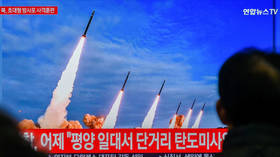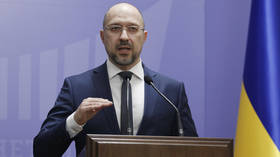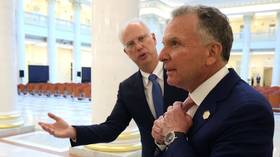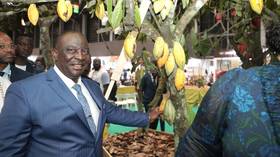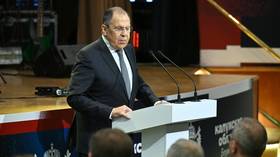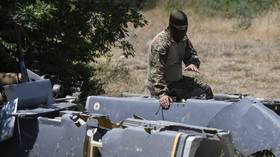Pyongyang preparing to blow up roads – Seoul
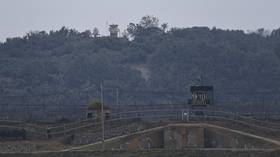
Pyongyang is apparently preparing to deliver on its threat to destroy the roads leading to South Korea, according to the military in Seoul.
The North Korean People’s Army (KPA) announced last week that it will “completely separate” the two territories and “fortify the relevant areas of our side” in response to the “acute military situation” on the peninsula, citing joint US-South Korea military exercises and visits by US nuclear-capable aircraft to the region.
”Following an announcement by the KPA on Oct. 9, the North Korean military has been carrying out activities assumed to be linked to explosions on the roads along the Gyeongui and Donghae lines,” the Joint Chiefs of Staff said on Monday, as quoted by Yonhap news agency.
The South Korean military expects explosions to go off as soon as Monday, spokesperson Col. Lee Sung-jun stated during a briefing.
There are a handful of roads and railways connecting the rival parts of the Korean Peninsula. During a period of thaw under former liberal President Moon Jae-in, he and North Korean leader Kim Jong-un agreed in April 2018 to modernize the rail connections. Since conservative politician Yoon Suk-yeol was elected president in 2022, Seoul’s relationship with Pyongyang has taken a turn for the worse.
Kim announced a major policy shift last year, when he redefined the South as a hostile state rather than a temporarily occupied part of Korea. In practical terms, this means that Pyongyang no longer seeks unification of the nation, which was divided after the 1950s civil war and a US-led international intervention.
Last week, Pyongyang accused Seoul of sending drones into its airspace and warned that its military was preparing to open fire if a similar incident happens again. The robotic aircraft reportedly dropped propaganda leaflets on three separate occasions this month, including Friday.
Seoul has neither confirmed nor denied the airdrops, which are reportedly a response to balloons carrying trash across the border from the North. Groups in the South have been using similar inflatable devices to deliver propaganda messages and other contraband for years, prompting Pyongyang to adopt the same tactics.
